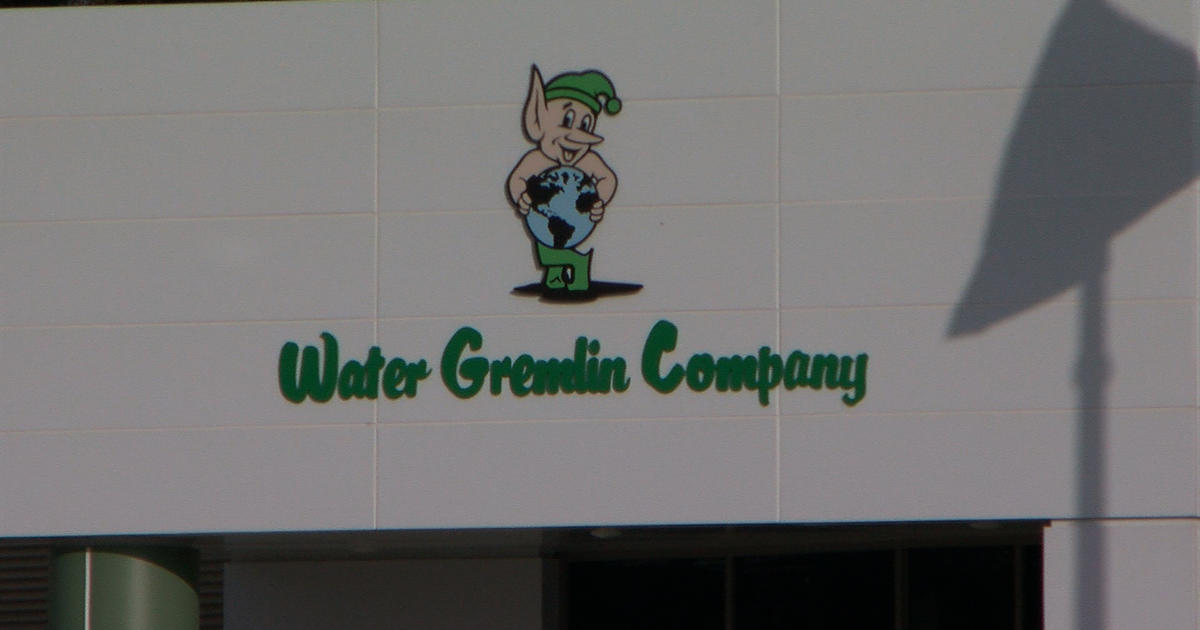Why you should be cleaning your reusable water bottle (and how to do it right)
Sponsored by and provided by LifeBridge Health
Reusable water bottles are a great way to stay hydrated, reduce waste and save money. But if you're not cleaning your bottle regularly, you could be drinking more than just water. A 2022 study by WaterFilterGuru revealed just how much bacteria can build up in reusable bottles when they aren't properly cleaned—and the results might surprise you. Let's dive into why cleaning your bottle matters, how often you should do it and the best ways to keep it fresh and safe.
Why Do Water Bottles Need to Be Cleaned?
It's easy to assume that if you're only drinking water, your bottle stays clean. Unfortunately, that's not the case. Germs thrive in warm, moist environments, and a reusable water bottle is the perfect place for bacteria to grow—especially if it's used daily and rarely washed.
According to the WaterFilterGuru study, the average reusable bottle contains 20.8 million colony-forming units (CFUs) of bacteria –that's 40,000 times more than a toilet seat. Shocking, right? While many of these bacteria are harmless, strains like E. coli and Staphylococcus aureus can build up over time, creating a health risk you don't want to sip on.
Unwashed bottles can also develop mold, start to smell or take on strange tastes. Whether you're using your bottle for water, sports drinks or flavored beverages, residue can stick to the interior and encourage bacteria or fungus to multiply.
How Often Should You Clean Your Bottle?
The short answer: Every day.
If you use your water bottle daily, give it a thorough wash at the end of each day to prevent bacteria, mold and unpleasant odors.
For workout enthusiasts, daily cleaning is even more critical. Sweat, germs from your hands and heat trapped in gym bags can accelerate bacterial growth.
How to Clean Your Water Bottle the Right Way
Daily cleaning tackles routine bacteria, while a weekly deep clean keeps your bottle in top shape.
Daily Cleaning: Soap and Water
- Rinse your bottle with hot water.
- Use warm, soapy water to scrub the inside. A bottle brush can help reach tight spots, especially in narrow-mouthed bottles.
- Don't forget the cap, lid and any straws or spouts, which can trap bacteria.
- Rinse thoroughly with clean water.
Weekly Deep Clean: Vinegar or Baking Soda
- Vinegar Solution: Mix one part white vinegar with four parts water. Fill the bottle, let it sit for 10-15 minutes, then rinse with hot water.
- Baking Soda Scrub: For stubborn odors or stains, make a paste with 1 tablespoon of baking soda and water. Scrub and rinse well.
Air Dry Completely
Let your bottle dry completely with the cap off. This prevents moisture from lingering and encouraging mold growth.
Additional Cleaning Tips
Not all bottles are created equal. When establishing your cleaning routine, consider material, shape and dishwasher compatibility.
Bottle Material Matters
- Stainless Steel: Durable and naturally bacteria-resistant. Avoid harsh chemicals or tools that can damage the finish.
- Plastic: Lightweight and affordable but prone to scratches that can trap bacteria. Wash thoroughly and replace if cracked, warped or smelly.
- Glass: Odor-resistant and easy to clean but fragile.
Handle Your Lid Accordingly
- Screw-On Lids: Clean grooves thoroughly with a small brush.
- Straw Lids: Take apart the straw and cap for a full clean.
- Flip-Top Lids: Pay attention to hinges, where moisture can linger.
Check Dishwasher Compatibility
Many glass and stainless-steel bottles are dishwasher safe. Place them on the top rack, along with lids and accessories. Avoid putting plastic bottles in high heat, as they can warp.
Replace When Necessary
Even with regular cleaning, reusable bottles don't last forever. If your bottle starts to crack, smell bad even after cleaning, or shows signs of mold, it's time for a replacement. Damaged bottles can harbor bacteria in areas that are impossible to clean.
Keep Your Bottle (and Yourself) Healthy
Using a reusable water bottle is a great habit, but regular cleaning is key to keeping it safe and bacteria-free. A few minutes each day can make a big difference for your health and hydration.
Your water bottle isn't the only thing that benefits from a little attention. Staying connected with a provider can help you meet your wellness goals. Explore convenient care options, including eVisits, to keep your health on track.







